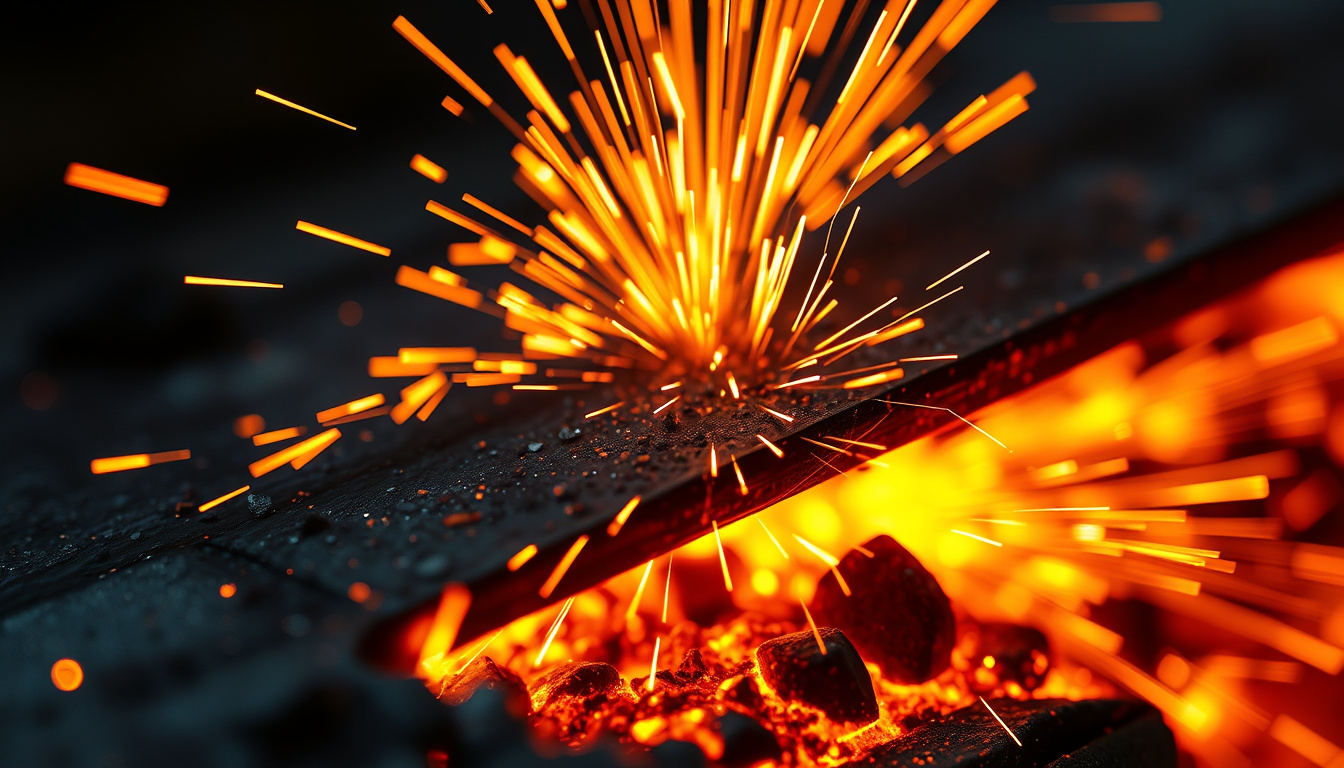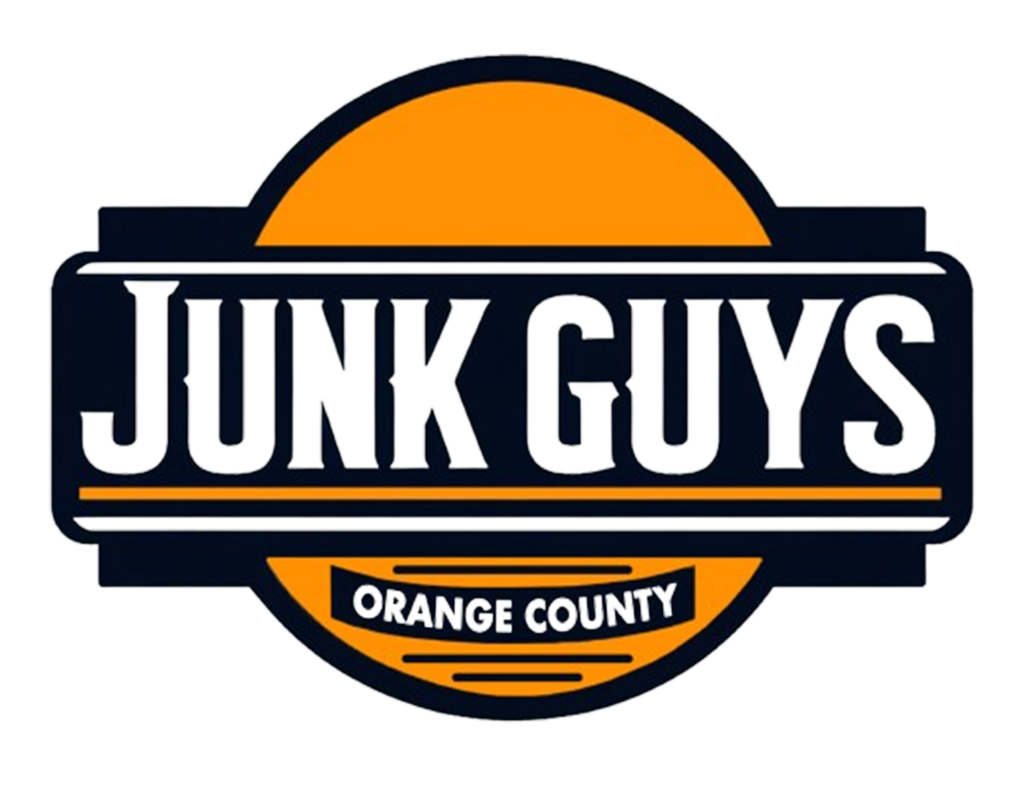In today’s environmentally conscious world, metal scrap recycling has become more than just an eco-friendly choice — it’s a smart financial decision. Whether you’re a business owner, a DIY enthusiast, or a homeowner, understanding how to effectively recycle metal scrap can help you optimize the value you receive and contribute positively to sustainability efforts. Metal scrap recycling tips to maximize value and sustainability showcase how proper handling and strategic practices can benefit both your wallet and the planet.
The Importance of Recycling Metal Scrap
Metal scrap recycling plays a vital role in reducing environmental impact. It conserves natural resources by reducing the need for mining new ores, cuts down greenhouse gas emissions, and decreases landfills’ load. According to the Institute of Scrap Recycling Industries (ISRI), recycling steel alone saves enough energy to power 18 million homes annually (source). Besides environmental benefits, recycling metal scrap can be financially advantageous, offering cash incentives or reducing disposal costs.
Common Types of Metal Scrap
Understanding the types of metal scrap you encounter is the first step toward maximizing its value:
- Ferrous Metals: Contain iron. Examples include steel and cast iron. They are the most common types of scrap.
- Non-Ferrous Metals: Do not contain iron. Examples include aluminum, copper, brass, and zinc. These metals typically have higher market value.
- Specialty Metals: Include precious metals like gold and silver, often found in electronics or jewelry.
Knowing what type of metal you’re handling can influence the recycling process and the price you receive.
Essential Metal Scrap Recycling Tips
1. Sort Metals Properly
Sorting is the cornerstone of effective recycling. Different metals have different recycling values, and mixing them can lower the overall price or complicate processing. Use magnets to distinguish between ferrous and non-ferrous metals:
- Magnets attract ferrous metals, making it easy to separate steel and iron.
- Non-magnetic metals like aluminum and copper require manual sorting.
Tip: Separate metal types into distinct containers—this simplifies processing and maximizes payout.
2. Clean the Metal Scrap
Clean metal scrap before recycling to eliminate dirt, grease, paint, or plastic residues. Contaminants can lower the quality of the metal or incur additional processing costs.
- Wash metals with water and a mild detergent if necessary.
- Use wire brushes or abrasives to scrub off paint or rust.
Clean metals fetch higher prices and are processed more efficiently.
3. Reduce and Compact the Scrap
Reducing the size of scrap metal through crushing or compacting can increase transportation efficiency and storage convenience. Compacting metals not only saves space but also boosts the material’s value by maintaining better purity.
Tip: Use a hydraulic press or a heavy-duty compactor for larger quantities. This preparation results in better loading and potentially higher returns.
4. Gather and Document Market Prices
Metal prices fluctuate daily based on market conditions. To maximize your revenue:
- Check current prices on reputable sites like London Metal Exchange or commodity market reports.
- Keep a record of purchase and sales dates, quantities, and prices to monitor profitability.
5. Partner with Reputable Scrap Yards
Selecting an experienced and trustworthy scrap yard is fundamental. Look for facilities that:
- Offer fair market prices.
- Follow environmental regulations.
- Provide documentation or receipts for your materials.
Building a good relationship with a reliable recycler can lead to better prices and priority service.
6. Consider Recycling Your Metal Scrap Digitally
Leverage technology by listing your scrap on online marketplaces or utilizing recycling apps. Digital platforms connect you with buyers directly, often yielding higher prices than traditional scrap yards.

Sustainable Practices for Metal Scrap Recycling
While maximizing value is important, sustainability should be at the forefront of scrap recycling efforts. Here are some ways to improve your sustainability:
- Reuse metals whenever possible: Repurpose existing scrap for your projects.
- Recycle in bulk: Larger quantities reduce transportation emissions.
- Stay informed: Educate yourself on recycling best practices and market trends.
- Support eco-friendly recycling facilities: Choose yards committed to environmentally responsible operations.
Top 5 Metal Scrap Recycling Tips at a Glance
- Properly sort ferrous and non-ferrous metals.
- Clean metals to remove contaminants.
- Compact scrap to save space and enhance value.
- Stay updated on market prices.
- Work with reputable recycling facilities.
Frequently Asked Questions About Metal Scrap Recycling
Q1: How can I determine the market value of my metal scrap?
To estimate the value, check current prices on reputable sources like the London Metal Exchange or commodity price trackers. Record the types and weights of your scrap for accurate calculations.
Q2: What is the best way to sort mixed metal scrap?
Use magnets to separate ferrous metals from non-ferrous ones. Manual sorting might be necessary for complex mixtures, especially for precious or specialty metals.
Q3: Can recycling metal scrap be environmentally friendly?
Absolutely. Recycling metals reduces the need for mining and processing virgin materials, significantly lowering carbon emissions and conserving natural resources.
Final Thoughts: Maximize Your Metal Scrap Recycling Benefits
Maximizing the value and sustainability of your metal scrap isn’t just about immediate financial gain—it’s about making smarter choices that benefit the environment and your long-term resources. By implementing effective sorting, cleaning, compacting, and partnering with reputable recyclers, you can optimize the financial return from your scrap metal. Simultaneously, embracing sustainable practices ensures you’re part of the global effort to reduce waste, energy consumption, and environmental impact.
Don’t wait — start applying these metal scrap recycling tips today to turn discarded metal into valuable resources and contribute to a greener, more sustainable planet. Take action now by evaluating your scrap collection, researching local recycling options, and committing to environmentally responsible practices. Your efforts today pave the way for a cleaner, more efficient tomorrow.
Junk Guys Orange County
Phone: 949-629-4960
Website: www.junkguysoc.com
Email: junkguysoc@gmail.com
